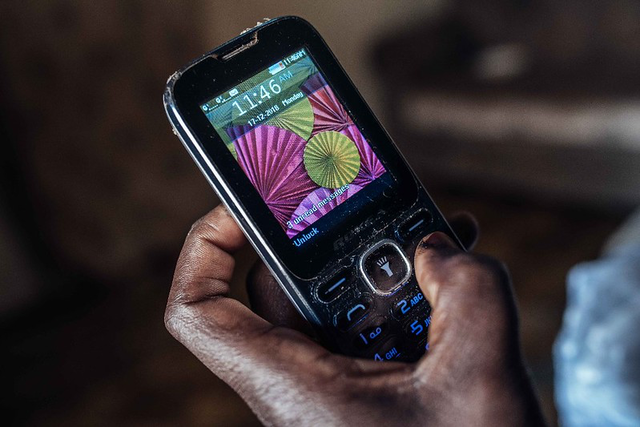How can mobile phones help poor people?
Mobile phones can be used in ICT4D (Information and Communication Technologies for Development) to help poor people.
Mobile phones can be a powerful tool for promoting development and improving the lives of people in developing countries, by providing access to information, opportunities, and services. For example:
- Healthcare: Mobile phones can be used to access health information and services, including telemedicine and other remote healthcare services. This can help to improve access to healthcare, especially for people in remote or underserved areas.
- Education: Mobile phones can be used to access educational resources, including online courses, educational videos, and other materials. This can help to improve the quality of education and expand opportunities for learning.
- Employment: Mobile phones can be used to find and apply for jobs, as well as connect with potential employers and clients. They can also be used to start and run businesses, providing a source of income and economic opportunities.
- Communication: Mobile phones can be used to stay connected with friends and family, and to access news and information from around the world. They can also facilitate the exchange of ideas and facilitate collaboration with others.
- Political participation: Mobile phones can provide a platform for people to engage in political discourse and participate in the democratic process, helping to promote transparency and accountability in governance.
5 mHealth Innovations Using Mobile Phones and Wearable Technology in LMICs
When we interviewed Nobel Peace Prize winner, Muhammad Yunus, at the 2013 mHealth Summit, he said that mobile phones are the “Aladdin’s lamp for healthcare”,...
Facilitated Video is the Most Effective Agricultural Teaching Tool
Traditional agricultural extension methods rely on highly trained experts who go out into the field to interact directly with farmers. Given the nearly 700 million...
New USAID Handbook: How to Implement Electronic Payments in Development Programs
Have you read the USAID Procurement Executive Bulletin NO. 2014-06 that promotes the use of electronic payments at the procurement/assistance planning and award...
Please RSVP Now: Will P2P Financing Succeed Where Microfinance Has Failed?
Lusaka Salon – June 11th – RSVP Now
Micro-sized loans, often with macro-sized interest rates, were the craze back in the go-go ’90s, and fueled...
5 Step Process to Develop Mobile Phone Technical Skills Workshops
Not being able to operate a phone is one of the most reported barriers to women adopting and using mobile technology and ultimately accessing life-enhancing mobile...
New USAID Handbook: Digital Finance for Development
The Digital Financial Services for Development Handbook was developed by USAID and FHI360 for use by USAID personnel to maximize the Agency’s use of and contribution...
Reading on Mobile Phones? mLiteracy Opportunities and Challenges
Recently, the Goethe Institute of Johannesburg hosted an mLiteracy Networking Meeting to examine the opportunities and challenges for mobiles to increase literacy...
How Was mBanking Successfully Embraced in Bangladesh?
Bringing mBanking to Bangladesh has had many bumps along the road. Before introducing mBanking to Bangladesh, 87% of the population didn’t have a bank account...
The Technology Helping Cambodia’s Disconnected and Hardest to Reach
In a nation of about 15 million people, Cambodia has over 19 million mobile phone subscribers. In addition, there are only about 3.8 million Internet users. A 2014...
The One Thing Everyone Should Do Now to Improve Program M&E
There is a simple solution that is useful throughout the project cycle, takes 10 minutes to set up, is used by millions of organizations worldwide but seldom used...












